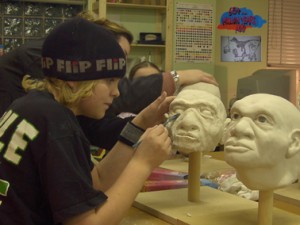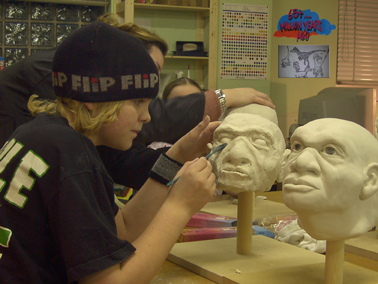Helpful Teaching About Extinction Events at Key Stages 3 and 4
Developing Thinking Skills – Challenging Current Theories
With the roll out of the new curriculum in England now only a few weeks away, it is an opportune time to reflect on how aspects of scientific enquiry will be taught at Key Stages Three and Four. There is a greater emphasis on the individual science subject areas underpinned by the concept of applying scientific thinking and by “working scientifically”.
Teaching About Extinction
The fossil and dinosaur themed workshops conducted by team members at Everything Dinosaur already apply these principles, they demonstrate the links between observation, investigation and experimentation. Team members are in the process of developing a range of new lesson plans, aimed at students in Year 7 and above.
Developing Creative Thinking to Challenge Established Ideas
With subject areas such as genetics, evolution and natural selection now covered at the Key Stage Three level, it is important that teaching is directed towards encouraging the development of higher order thinking skills.
Students will be asked to build on acquired knowledge from previous studies and to make connections between science subjects. For example, learning about Darwin’s theory of natural selection as outlined in his ground-breaking book, “The Origin of Species”, then applying this knowledge to other curriculum topics such as climate change, extinction and the interrelationships between living things.
The new curriculum in England is described as “rigorous”, it will challenge both students and teaching professionals.
To receive more information about Everything Dinosaur’s product range: Everything Dinosaur.
Higher order thinking skills can be seen as a hierarchy, with a taxonomic structure from simply knowing about something to moving through several cognitive phases where by the student develops greater understanding and can apply similar concepts in other related areas of study.
Teaching professionals should encourage students to analysis and evaluate ideas. Ultimately, when combined with a method that embraces scientific working, more able, confident students might be comfortable with challenging theories and established ideas.



